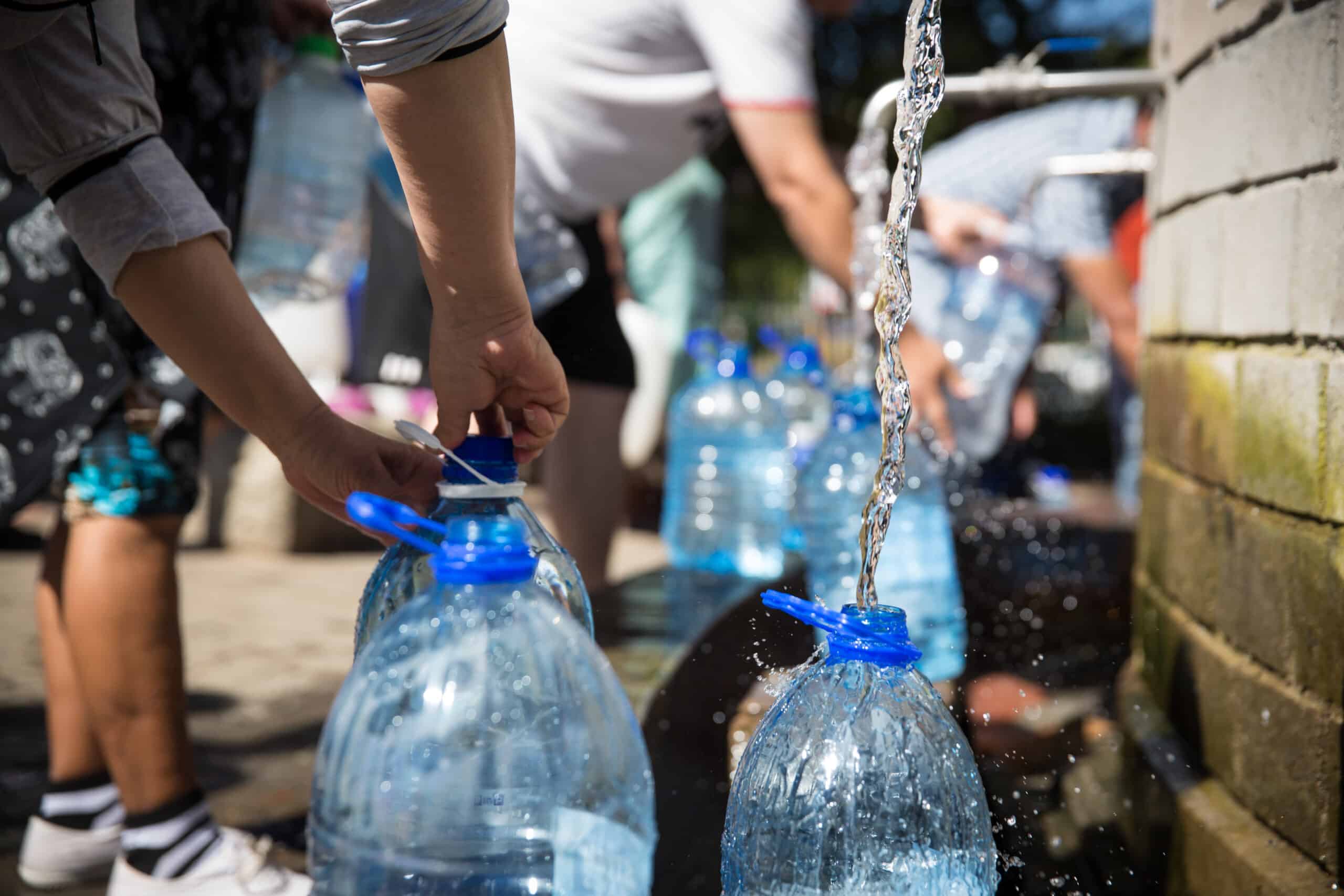Women empowerment starts with safe access to water and gender conscious sanitation, so as to give the female population of Africa a chance to actively participate in the economy, whether as experts, partners, leaders of change or as an instrument for peace.
Africa’s progress towards female empowerment, has been steady, but slow and has been largely hampered by deficiencies in WASH (water, sanitation and hygiene) facilities, which decreased female participation rates at school and work, thus lowering women and girls’ preparedness for education- and employment-related prospects.
High levels of poverty and deep disparity continue to be major challenges in Africa. In the higher-density rural areas of the continent, opportunities for employment are minimal, while rain fed agriculture contributes to a tiny percentage of household survival, it remains the third-most important means of livelihoods, after domestic work and Government grants.
Water insecurity weakens the ability of social protection in order to promote gender equality and female empowerment. The burden of water collection and lack of water facilities can restrict female involvement in various types of social protection opportunities as well as the education and employment opportunities being promoted. Water insecurity also compromises social protection efforts to promote health, nutrition and food security.
MEB has a long history of addressing deep-rooted poverty, instability and social protection through the equitable access of clean water. We can competently support municipalities in helping communities affected by volatile and progressive risks, including rising water insecurity associated with climate change and informal settlement growth.

